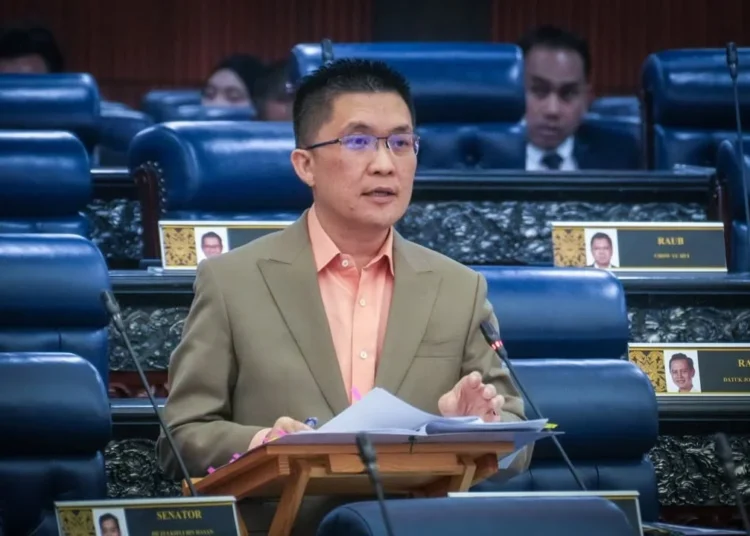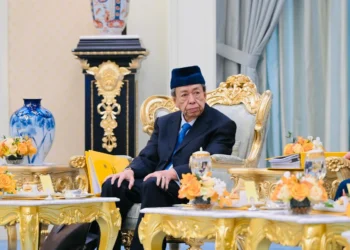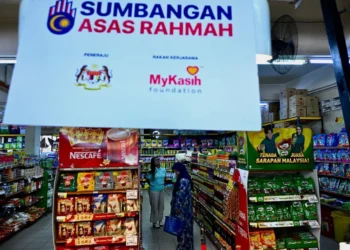The Penang Hindu Association (PHA) has voiced serious concern over the unethical practice of suppliers repackaging subsidised cooking oil and selling it as prayer oil at significantly marked-up prices. According to the association, cooking oil meant for consumer use and priced at RM2.50 per litre is being relabelled and sold as prayer oil for as much as RM8.20 per litre or higher—resulting in a profit margin exceeding 228%.
The Penang Hindu Association stated that certain unscrupulous suppliers have exploited the subsidies by rebranding subsidised cooking oil as prayer oil and selling it at inflated prices for substantial profit.
The association noted that this issue is not a recent development, as officers from the Ministry of Domestic Trade and Cost of Living have previously caught traders involved in similar activities.
For example, in January, ministry officials apprehended a man in Johor who was found repackaging 5,100 bottles of subsidised cooking oil to be sold as prayer oil.
The PHA has called on the Ministry to strengthen its enforcement by increasing surveillance and carrying out detailed inspections on the supply chain and pricing of prayer oil sold in temples and retail stores.
The association also urged the full enforcement of the Cooking Oil Price Stabilisation Scheme System (eCOSS) to enable better tracking of subsidised cooking oil from refineries to end retailers.
PHA also urged the ministry to require prayer oil vendors to clearly label the product’s source and retail price on the packaging.
Meanwhile, Domestic Trade and Cost of Living Minister Armizan Mohd Ali previously told FMT that the eCOSS system, introduced in 2023, was designed to monitor the distribution of subsidised cooking oil throughout the supply chain. Since its implementation last year, both repackers and refineries have been mandated to submit their subsidy claims based on data recorded in the eCOSS system.
However, the minister pointed out that the current system only monitors the distribution of subsidised cooking oil from refineries to repackers, wholesalers, and retailers—leaving a gap in oversight at the retail stage.
This shortfall increases the potential for misuse, including smuggling and the illegal repackaging of subsidised oil to be sold at inflated prices. In 2024, the government allocated RM1.945 billion to supply 60,000 tonnes of subsidised cooking oil packets each month at the fixed price of RM2.50 per kilogram under the eCOSS programme.
However, the scheme faced criticism following enforcement operations that uncovered foreigners among the recipients of the subsidised cooking oil. This sparked renewed calls to replace the current subsidy model with a targeted cash transfer system based on verified household consumption, ensuring that only eligible Malaysians benefit from the assistance.
Source: Free Malaysia Today
Follow us on Instagram, Facebook or Telegram for more updates and breaking news.









